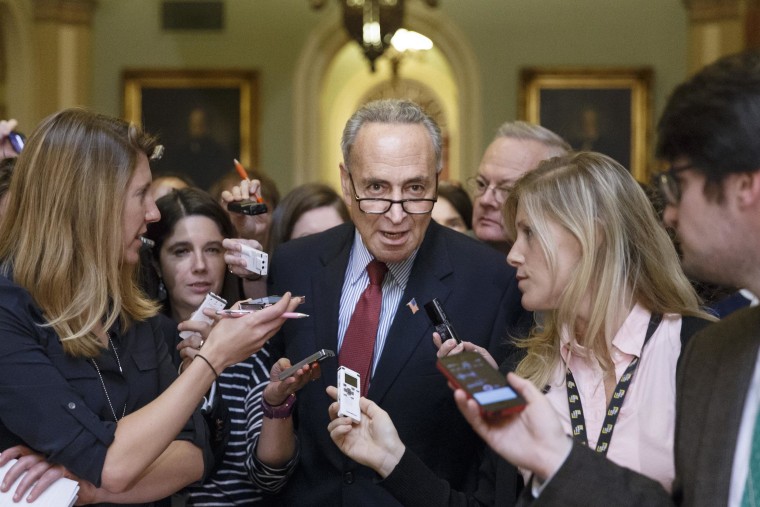The leaders of congressional tax-committees in both chambers agreed to legislation Thursday to grant President Barack Obama “fast track” authority to negotiate on a sweeping, multinational trade deal.
The measure ensures Congress’ right to vote on a trade accord, known as the Trans-Pacific Partnership, between the U.S. and 11 Pacific Rim nations, but blocks legislators from adding amendments that might slow down the measure’s progress. The resulting trade pact would be the largest since the North American Free Trade Agreement.
Support for granting the president “fast track” authority creates an unlikely alliance between the White House, Senate Republicans and Hollywood executives eager to strengthen copyright protections. The Trans Pacific Partnership would also serve as a major economic and foreign policy achievement for the president.
“My top priority in any trade negotiation is expanding opportunity for hardworking Americans,” Obama said in a statement on Thursday. “It’s no secret that past trade deals haven’t always lived up to their promise, and that’s why I will only sign my name to an agreement that helps ordinary Americans get ahead. At the same time, at a moment when 95 percent of our potential customers live outside our borders, we must make sure that we, and not countries like China, are writing the rules for the global economy.”
Lawmakers charged with hammering out the agreement expressed optimism.
"If we want to have a healthy economy with better jobs and bigger paychecks for more families and individuals, we must engage with other nations through trade. Our nation has been without Trade Promotion Authority since 2007. So, while other nations have moved forward and created trade agreements to benefit their workers, the United States has fallen behind," said Sen. Orrin Hatch, R-Utah. "This is a smart, bipartisan compromise that will help move America forward."
To win over reluctant committee Democrats, Hatch, chairman of the Senate Finance Committee, and Rep. Paul Ryan, R-Wisc., chairman of the Ways and Means Committee, agreed to include the right for Congress to weigh whether the accord meets human rights and environmental and worker protections. If the measure doesn't meet those standards lawmakers could offer amendments.
Still, the legislation will likely face stiff opposition.
Some Democrats, including Sen. Chuck Schumer, D-N.Y., the next possible Senate Minority Leader, and Sen. Elizabeth Warren, D-Mass., oppose fast tracking legislation for the trade accord amid concerns over the broader pact’s impact on American workers.
Labor unions are also opposed.
“Unfortunately, it is an uphill battle,” the AFL-CIO said in a statement on its website. “The global corporate agenda has infused trade policy with its demands for deregulation, privatization, tax breaks and other financial advantages for Big Business while shrinking the social safety net in the name of ‘labor flexibility’.”
